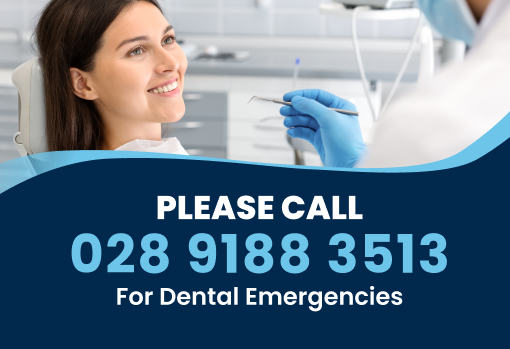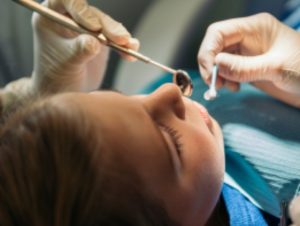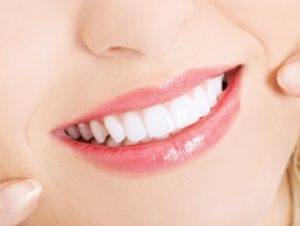As we age, we can encounter new physical challenges all over the body, including in the mouth, teeth and gums. It is therefore vital to pay close attention to our physical well-being. Older people can find that their gums and oral muscles weaken and recede, which leads to deteriorating mouth health, thinner gums and increased exposure to tooth decay. Some physical conditions can make brushing teeth harder too, such as arthritis. Saliva can dry up and bleeding in the gums becomes more common.
However, a few simple steps can help keep older people’s teeth and gums healthier for longer, as well as maintain an attractive smile and effective oral hygiene. Here are some ways to help older people stay on top of their dental routines.
Fight The Plaque
Being older does not excuse a poor dental regime on its own. Plaque carries on building up on our teeth every day of our life. If it is left untreated, it can cause cavities, gum disease, dental infections and more. It is important to keep up a routine of brushing your teeth twice a day with a good quality toothbrush and fluoride-enriched toothpaste. This is also the case if you wear dentures – maintain a good cleaning regime for these, as plaque and bacteria can also build up on them if they are not looked after properly. Other things that can help remove plaque from teeth include dental floss and mouthwash.
Bridge The Gap
As we age, we sometimes lose teeth, e.g. through wear and tear, damage or poor oral hygiene. In such cases, a dentist or orthodontist can fit dentures, a dental implant or a bridge to help restore the shape of the mouth and make chewing and swallowing food easier. Your dentist can help you work out what type of denture, bridge or implant to opt for. Whatever you choose, care must be taken to keep everything as clean and well-maintained as possible. For dentures, brush them daily with some toothpaste and a soft-bristled toothbrush to dislodge larger food particles before soaking them overnight in a specialist denture cleaning fluid. Rinse them under a cold tap before replacing them in the mouth.
Eat To Protect Your Teeth
Choosing the right foods to build up your teeth, rather than attack them is particularly essential as we age. Choose vegetables, nuts, meat and fish over sugary snacks or dark staining drinks such as coffee or red wine. Water is a good choice to drink, as it is kind to teeth and helps dislodge any food that is stuck around the edges. Avoid sticky foods such as toffee or nougat, as this could pull out any teeth that are loose or cracked. If you are worried about damaging your teeth, choose softer foods or cut up harder options into small pieces to reduce the need to chew quite so much. Wait 30 minutes before brushing your teeth after a meal. This allows the enamel to build itself back up to protect the surface of the teeth after you eat anything acidic.
Stop Smoking!
This is an extremely good piece of advice for any age. However, as we age, our bodies are less able to counteract the effects of the toxins and tar contained in cigarettes and cigars quite as well as in younger years. Smoking can also exacerbate some medical conditions found in older people, including diabetes, osteoporosis and lung problems. It can also cause teeth to appear more yellow and cause deeper wrinkles to form around the face, which can make a person look older than they actually are.
Attend Dental Check-Ups
Older people can sometimes lose confidence about leaving the house, or worry about limited physical ability causing problems. However, this should not stop you or your loved one from attending regular check-ups at your dental practice. Local councils or charities can often arrange transport and some dental practices run a home visiting service for older patients. Toothache can be extremely distressing at any age, so it is better to take steps to stop it from happening in the first place. Regular check-ups allow the dentist to spot problems at an earlier stage and give advice on dental care in old age.





